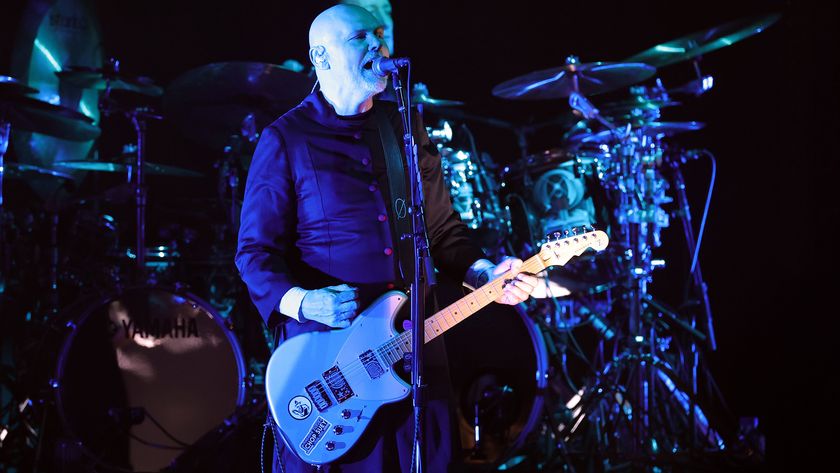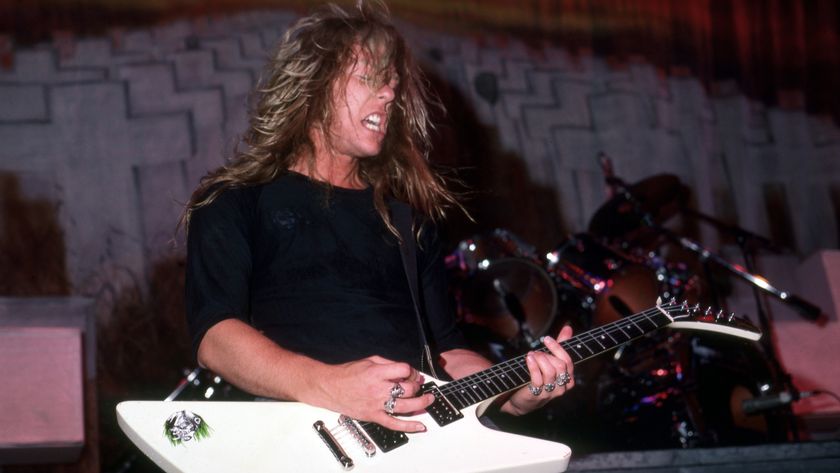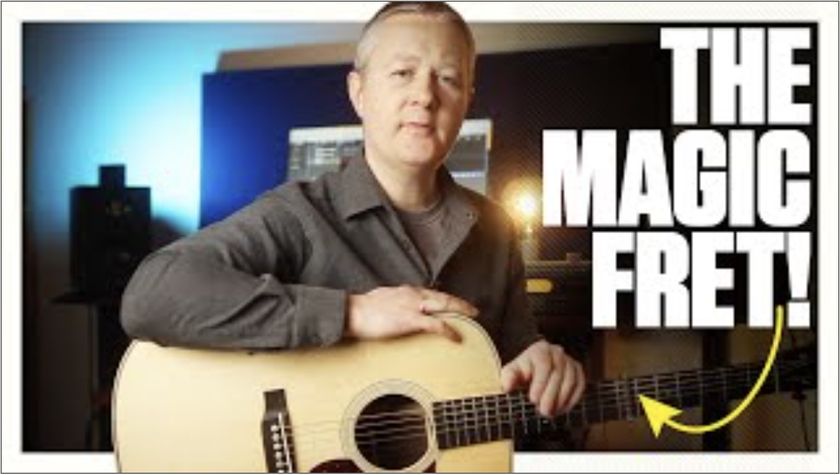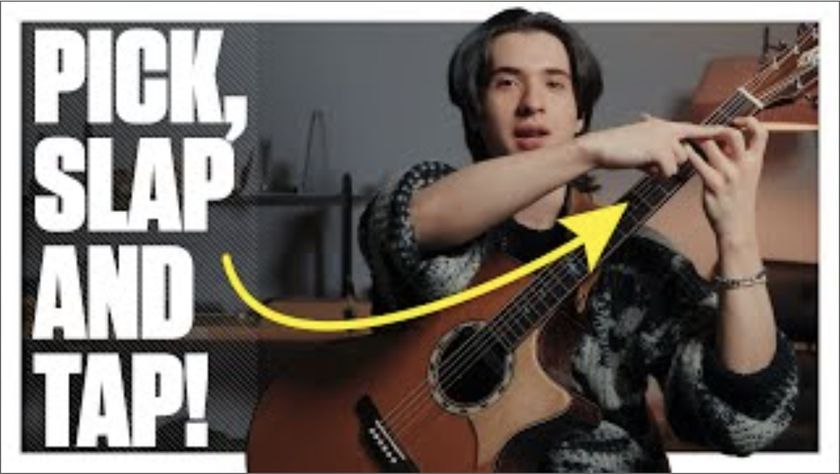Five Underrated Led Zeppelin Guitar Riffs—and How to Play Them
If you're tired of playing the same old Led Zeppelin riffs (and who isn't?), you're in luck.

If you're tired of playing the same old Led Zeppelin riffs (and who isn't?), you're in luck.
Below, online guitar instructor Robert Baker—whose YouTube channel just surpassed 100,000 subscribers—offers his take on five underrated Led Zeppelin licks. Best of all, he shows you how to play them.
"These are riffs I really don't hear anyone talk about," Baker says before diving right in with a selection of "jamming, groovy" electric Jimmy Page riffs.
These include "Hots on for Nowhere," "Sick Again," "The Wanton Song," "Nobody's Fault But Mine" and "In the Light," and you can find the tabs right here.
For more of Robert’s lessons, visit his YouTube channel.
Get The Pick Newsletter
All the latest guitar news, interviews, lessons, reviews, deals and more, direct to your inbox!

Damian is Editor-in-Chief of Guitar World magazine. In past lives, he was GW’s managing editor and online managing editor. He's written liner notes for major-label releases, including Stevie Ray Vaughan's 'The Complete Epic Recordings Collection' (Sony Legacy) and has interviewed everyone from Yngwie Malmsteen to Kevin Bacon (with a few memorable Eric Clapton chats thrown into the mix). Damian, a former member of Brooklyn's The Gas House Gorillas, was the sole guitarist in Mister Neutron, a trio that toured the U.S. and released three albums. He now plays in two NYC-area bands.

How to find new approaches to blues soloing – using fingerstyle improv ideas and Roy Buchanan-inspired licks
![Joe Bonamassa [left] wears a deep blue suit and polka-dotted shirt and plays his green refin Strat; the late Irish blues legend Rory Gallagher [right] screams and inflicts some punishment on his heavily worn number one Stratocaster.](https://cdn.mos.cms.futurecdn.net/cw28h7UBcTVfTLs7p7eiLe-840-80.jpg)
“The intensity of Rory’s guitar playing – the emotion, the sound and his incredible attack – was mindblowing for me”: Joe Bonamassa pays tribute to the late, great Irish blues-rock icon Rory Gallagher








